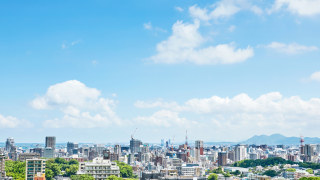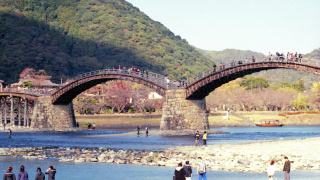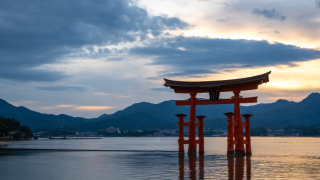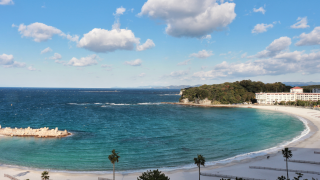 TOPIC
TOPIC Where Are the Most Famous Power Spots in Fukuoka? Discover Their Unique Charms
Fukuoka Prefecture is home to many power spots—sacred places believed to be filled with natural and spiritual energy. These locations offer a chance to reset your mind, find peace, and gain inspiration just by visiting. In this article, we explore the most well-known power spots in Fukuoka and highlight what makes each of them special.









